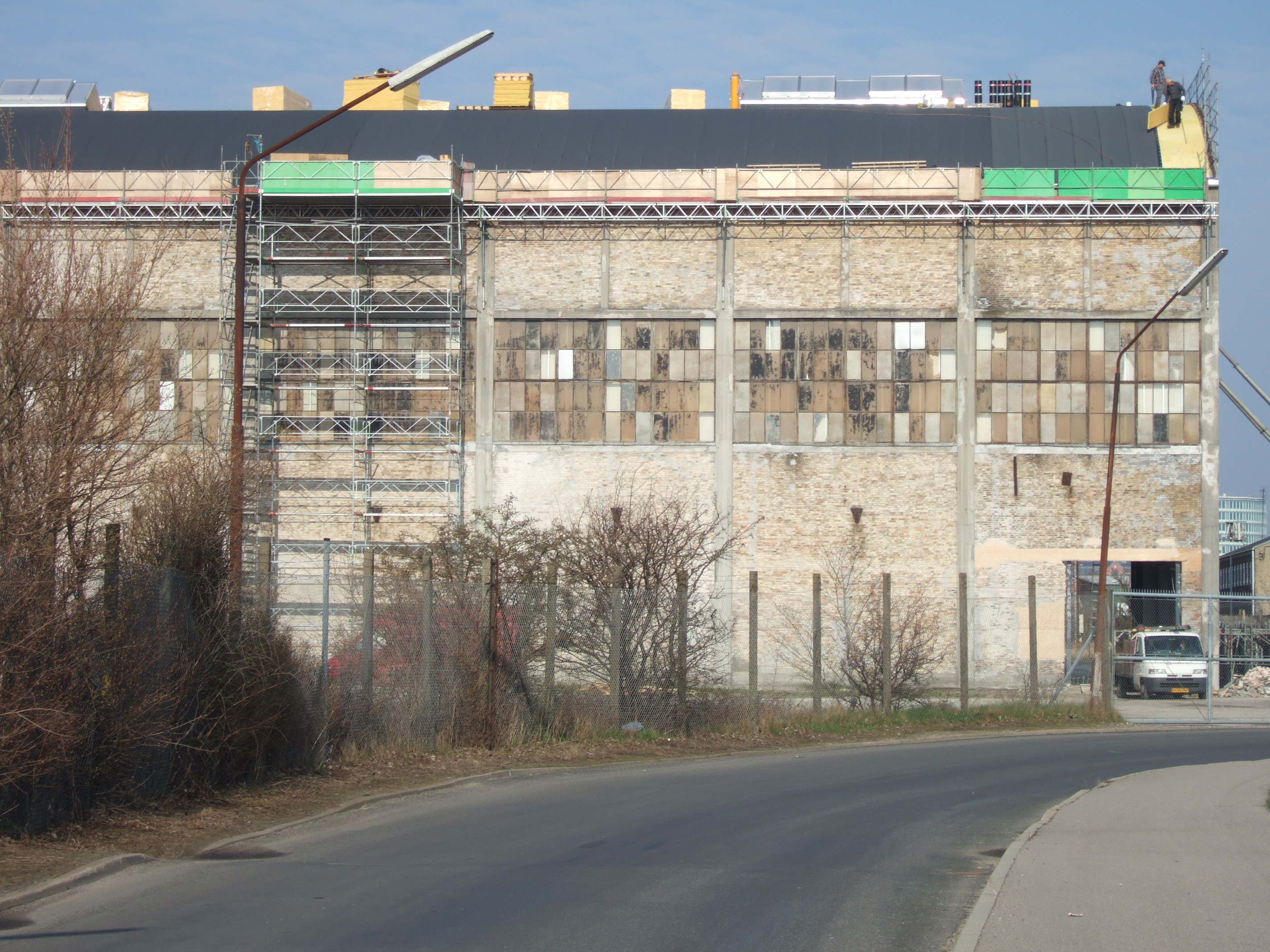How to Conduct Effective Exit Interviews in Logistics and Warehousing
페이지 정보

본문
Conducting exit interviews in a warehouse setting requires a carefully planned process to gather meaningful feedback that can lead to measurable enhancements. Unlike office environments, frontline warehouse agency jobs often involve manual tasks and rotating schedules, which means the reasons employees leave can be significantly unique. To get the most out of these conversations, start by arranging the meeting when it’s least disruptive, ideally a day or two before their last shift. This gives them an opportunity to process their experience without the pressure of the end of their shift.

Create a quiet, neutral space where the employee feels comfortable expressing concerns. Keep supervisors out of the room unless the employee explicitly asks for their presence. Use open-ended questions that encourage comprehensive answers. Ask what they valued most in their role, what they found the greatest obstacle, and what changes would have made them want to stay. Be sure to ask about workplace safety standards and tool reliability, workload distribution and hours, initial and ongoing education, and access to supervisors. These are often the primary drivers of retention in logistics roles.
Pay close attention and document responses without interrupting. Acknowledge emotions regardless of tone. Many warehouse workers may have avoided voicing issues while on the job out of concerns about job security or because they felt their input wouldn’t be valued. Your genuine receptiveness can affirm their feelings and foster goodwill even as they leave.
Refrain from offering unfulfillable assurances, especially about quick fixes. Instead, recognize their perspective and explain how their feedback will be reviewed by leadership. Debrief with relevant teams by identifying recurring patterns and presenting data to department heads. Use this data to make tangible operational changes — whether it’s repairing faulty machinery, adjusting shift start times, cleaning and restocking rest areas, or strengthening training for newcomers.
Finally, write a short appreciation note after the interview. Let the employee know their voice was heard and appreciated. This small gesture reinforces a culture of respect and may motivate ex-employees to recommend the company about the company to others. Over time, regular, authentic offboarding conversations can improve retention, improve morale among current staff, and help create a more supportive and efficient warehouse environment.
- 이전글4 Winning Strategies To Use For Online Poker Tournaments 25.10.08
- 다음글How To Get Safe Poker Games Online For Under $100 25.10.08
댓글목록
등록된 댓글이 없습니다.

